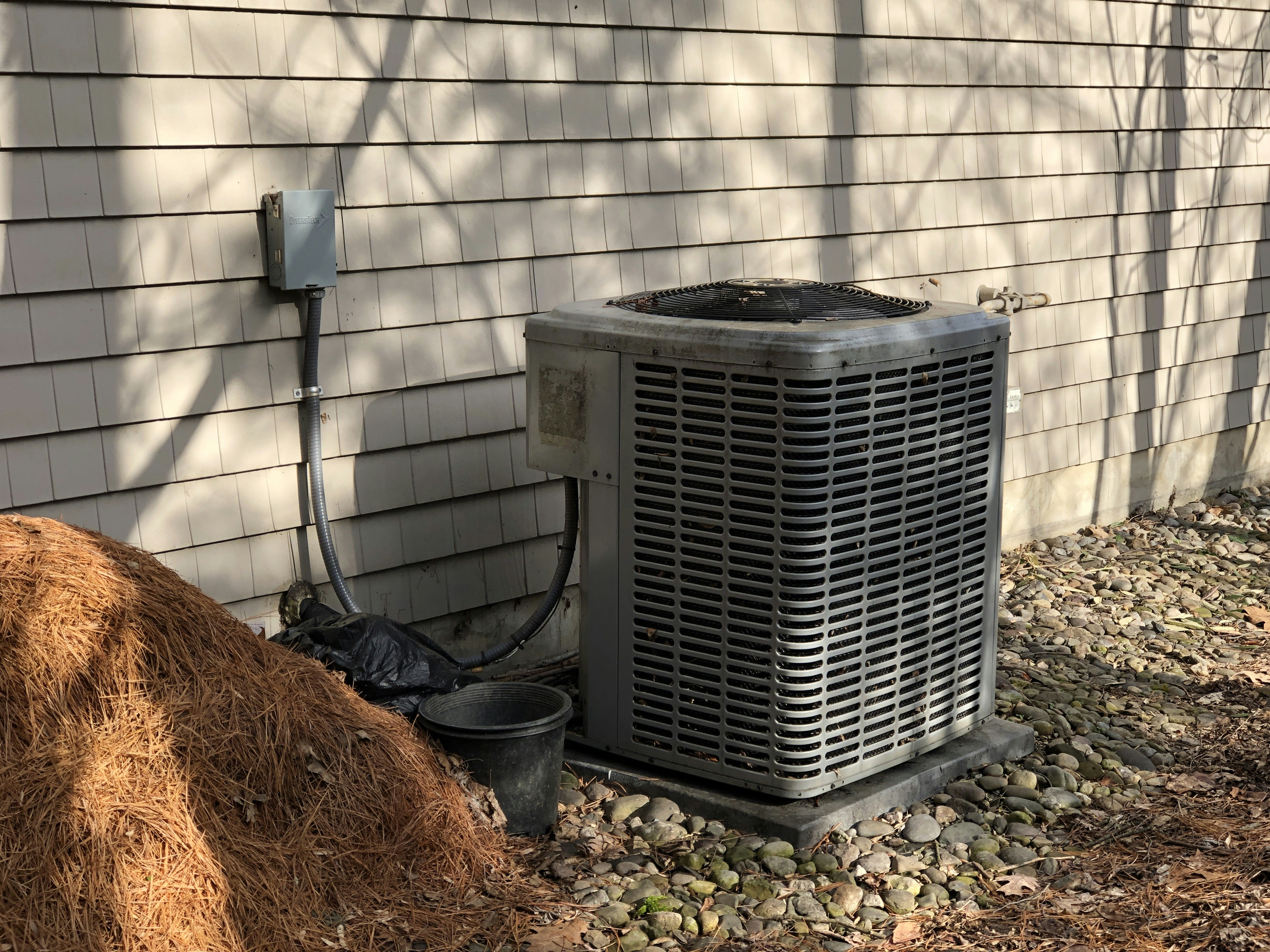Understanding the Functionality of Central Air Conditioners
Central air conditioners play a critical role in maintaining indoor comfort by regulating temperature and humidity levels throughout a building. The system consists of several key components that work in tandem to provide efficient cooling. At the heart of the operation is the compressor, which circulates refrigerant through the system. This refrigerant absorbs heat from the indoor air, which is then expelled outside, thereby reducing the indoor temperature.
Another important component is the evaporator coil, located inside the air handler. As warm air passes over this coil, the refrigerant inside absorbs the heat and evaporates into a gas. This process cools the air, which is then distributed throughout the home via ductwork. Meanwhile, the condenser coil, situated outside, releases the absorbed heat back into the atmosphere, completing the cycle. Additionally, an expansion valve regulates the amount of refrigerant that enters the evaporator, ensuring optimal efficiency.
Regular maintenance of a central air conditioning unit is paramount for sustaining its performance over time. Dust and debris can accumulate in the filters, coils, and ductwork, hampering airflow and reducing the system’s efficiency. Clogged filters can restrict airflow and cause the unit to work harder, leading to increased energy consumption and potential system strain. Conversely, a clean system operates more smoothly, maintaining a consistent temperature with less energy, which ultimately translates to lower utility bills.
Moreover, routine inspections can help identify potential issues before they escalate into costly repairs. By keeping the air conditioning unit clean and well-maintained, homeowners can ensure not only the effectiveness of their cooling system but also extend its lifespan. Understanding the integral components and their functions underscores the necessity for regular maintenance, paving the way for an efficient cooling experience during the warmer months.
Reasons Why Washing Your Air Conditioner is Essential
Washing your central air conditioner is a critical maintenance practice that offers a multitude of benefits, enhancing both indoor air quality and the unit’s efficiency. One of the most significant advantages of keeping your air conditioner clean is the improvement of air quality within your living space. Dust, dirt, and allergens accumulate over time, leading to poor air circulation and respiratory issues for occupants. According to the Environmental Protection Agency (EPA), indoor air can be up to five times more polluted than outdoor air, emphasizing the need for regular air conditioner maintenance to mitigate these risks.
In addition to bolstering air quality, regular washing of your air conditioning unit significantly enhances its energy efficiency. According to the U.S. Department of Energy, cleaning the coils and filters of your air conditioner can improve its efficiency by up to 15%. A clean unit requires less energy to cool the same amount of air, which translates to lower utility bills and a reduced environmental footprint. This energy-saving aspect is particularly pertinent as energy costs continue to rise, making efficient cooling solutions more valuable than ever.
Furthermore, the longevity of your central air conditioner is directly correlated with its maintenance. Experts in HVAC systems agree that units that receive regular care can last up to 15 years longer than those that are neglected. By washing your air conditioning system, you reduce wear and tear, preventing costly breakdowns and the need for premature replacements. This preventive maintenance approach is far more economical in the long run, as it preserves the investment made in your cooling system.
Despite the clear benefits, some homeowners may harbor misconceptions about the necessity and complexity of washing their air conditioners. However, the reality is that maintaining a clean air conditioning unit is a straightforward yet essential task that pays dividends in comfort, cost, and health.
Step-by-Step Guide to Properly Wash Your Central Air Conditioner
Cleaning your central air conditioner is vital for maintaining its efficiency and prolonging its lifespan. To effectively accomplish this task, it is essential to follow a structured approach, starting with necessary safety precautions. Before beginning the cleaning process, ensure that the power to the unit is turned off at the circuit breaker. This step prevents any accidental electrical shock during cleaning. Wear appropriate personal protective equipment, such as gloves and safety goggles, to safeguard yourself against debris and cleaning agents.
Gather the necessary tools and materials, which include a garden hose, a soft-bristle brush, coil cleaner (specifically designed for air conditioning units), a bucket, and a screwdriver. Before proceeding, thoroughly inspect the air conditioner for any signs of damage or wear, as this may require immediate professional attention.
To begin the washing process, remove the outer casing of the air conditioning unit by unscrewing any screws that hold it in place. Gently lift off the panel to access the internal components. Use the soft-bristle brush to remove dust and debris from the surfaces, including the evaporator coils and fan blades. Be cautious not to bend or damage the delicate coils, as they are crucial for efficient operation.
Once the dust has been cleared, apply the coil cleaner according to the manufacturer’s instructions. Allow the cleaner to sit for the recommended duration to dissolve any remaining grime effectively. Afterward, use the garden hose to rinse off the cleaner thoroughly, ensuring that all residues are washed away. Be mindful to avoid spraying directly into electrical components. Reassemble the unit by carefully replacing the outer casing and securing it with screws.
Finally, turn the power back on at the circuit breaker, and your central air conditioner will be ready to provide efficient cooling once more. Regularly repeating this cleaning process can enhance the performance and reliability of your system, ensuring optimal comfort during warmer seasons.
When to Seek Professional Help: Signs Your AC Needs Expert Care
Recognizing the signs that your central air conditioner requires professional attention is crucial in maintaining its efficiency and prolonging its lifespan. While routine maintenance, including washing the unit, can address many issues, some symptoms indicate that the problem may be beyond simple cleaning. One of the most common signs is the emergence of strange noises such as rattling, buzzing, or grinding. These sounds can suggest loose components, damaged fan blades, or issues with the compressor, necessitating the expertise of a trained technician.
An inadequate cooling effect is another indicator that your air conditioning system needs professional care. If you notice that certain rooms are consistently warmer than others, or if the overall temperature fails to reach the set thermostat level, this could be a sign of a refrigerant leak or a malfunctioning compressor. Both situations require expert assessment to prevent further damage and ensure optimal performance.
Unusual odors emanating from your air conditioning unit can be a significant red flag. A musty smell might indicate mold or mildew growing within the system, while a burning scent could suggest electrical problems. It is imperative to address these concerns immediately with the assistance of a qualified HVAC technician, as neglecting such issues can lead to health risks and potential system failure.
When searching for a reliable service technician, consider a few key factors. First, ensure that the technician is certified and experienced in handling air conditioning systems. Reading customer reviews and testimonials can also offer insights into their reliability and quality of work. Finally, obtaining multiple quotes can help you navigate pricing and select a technician who meets your budgetary needs while providing the necessary expertise.

